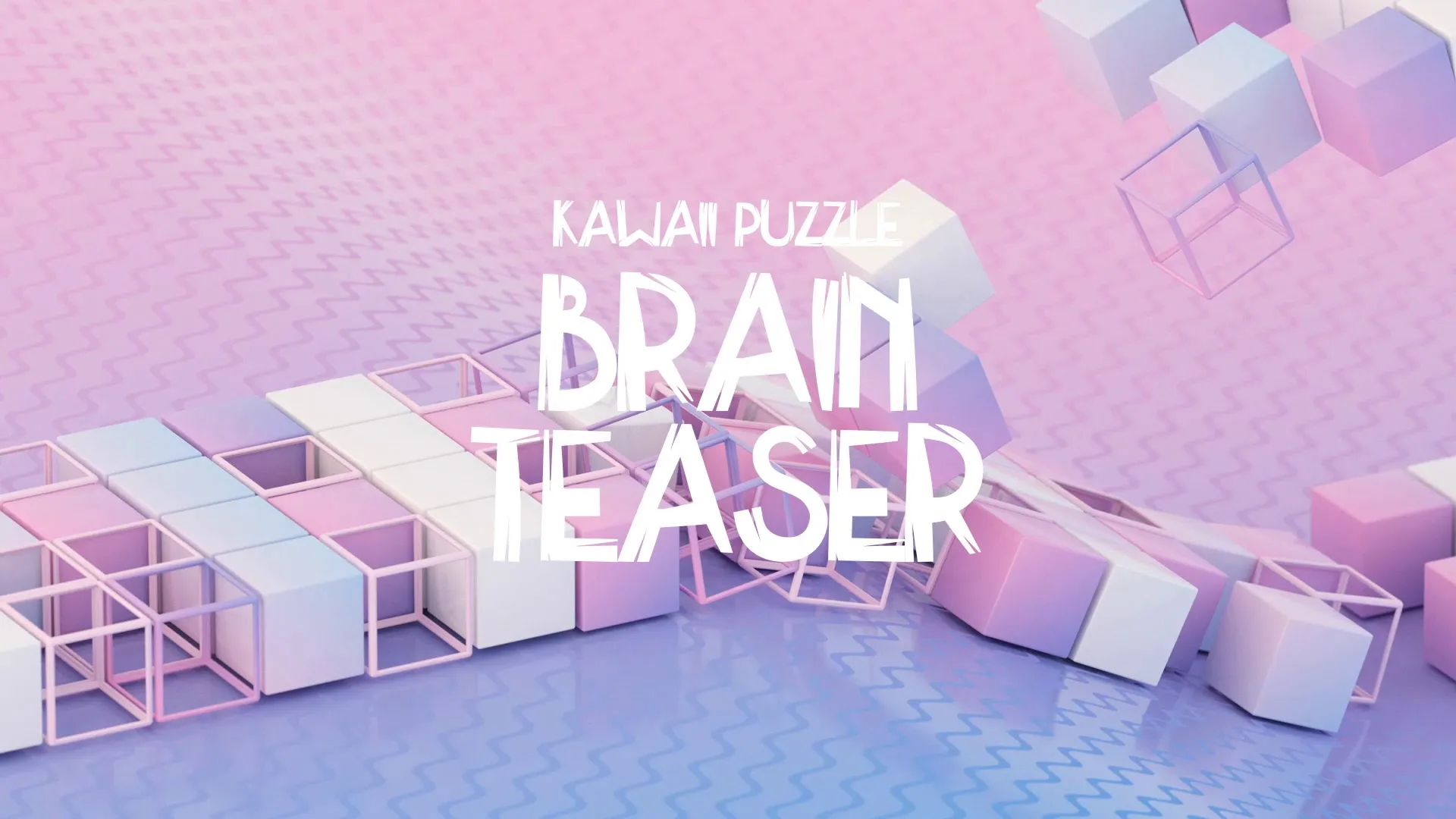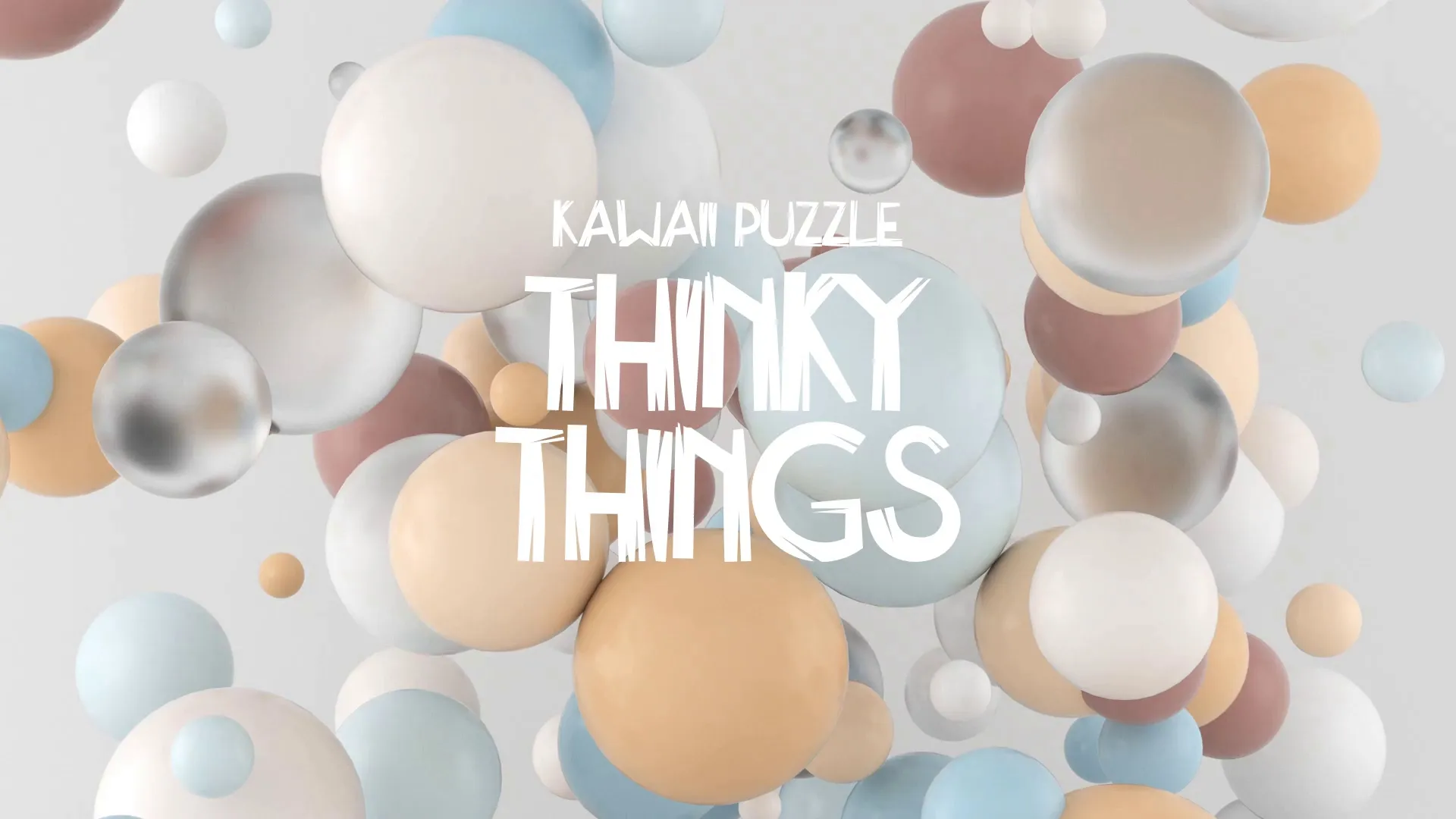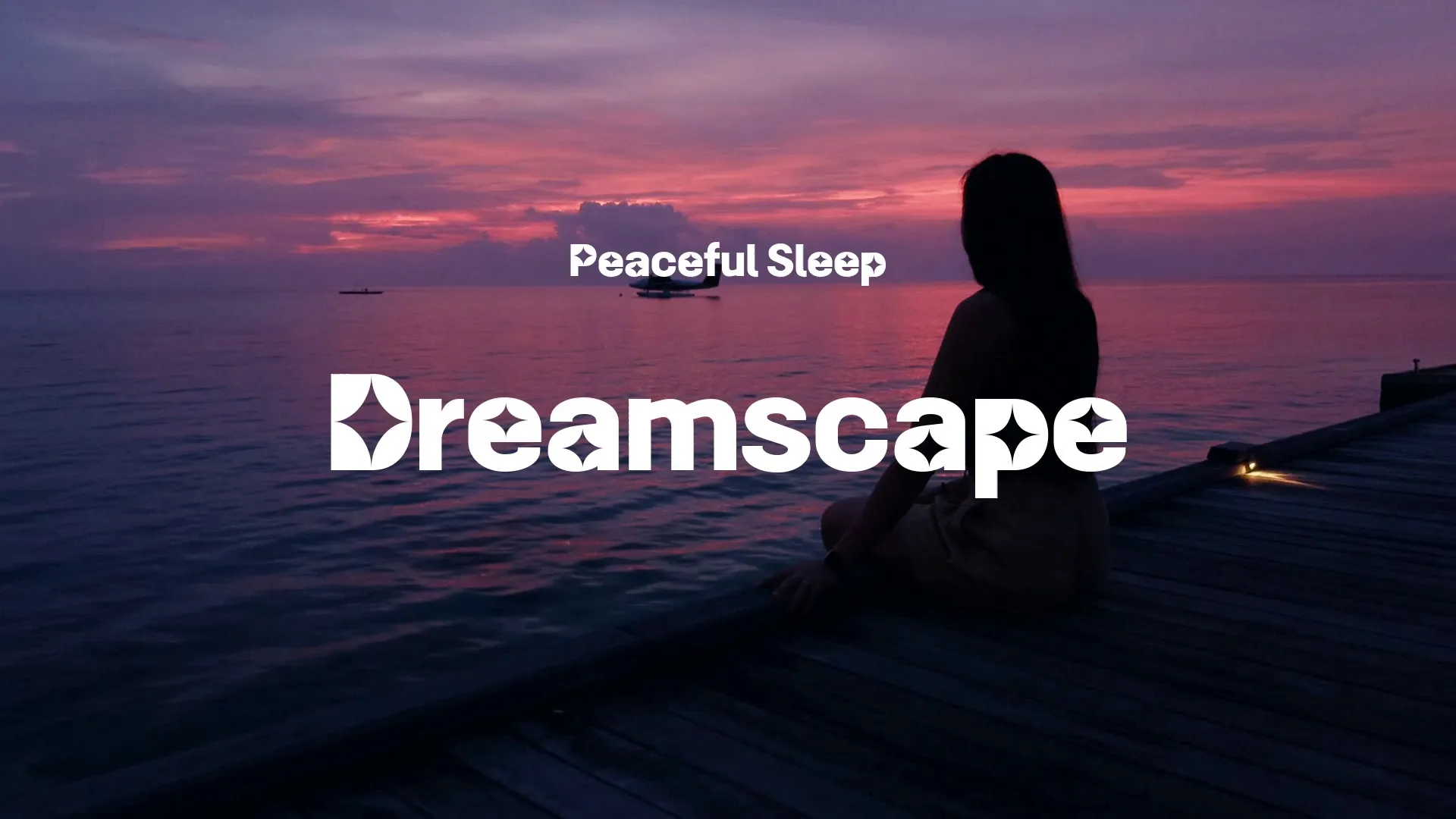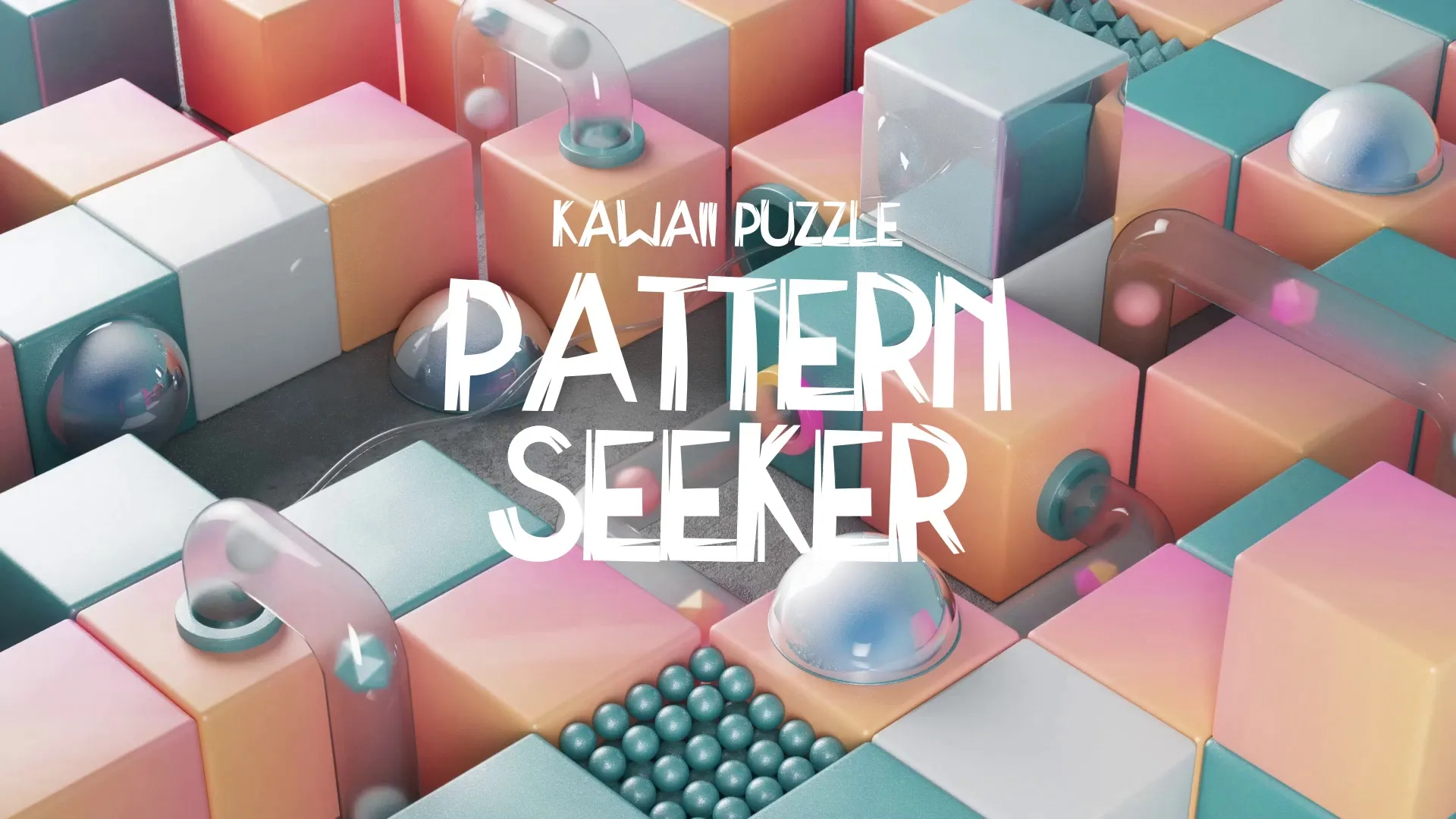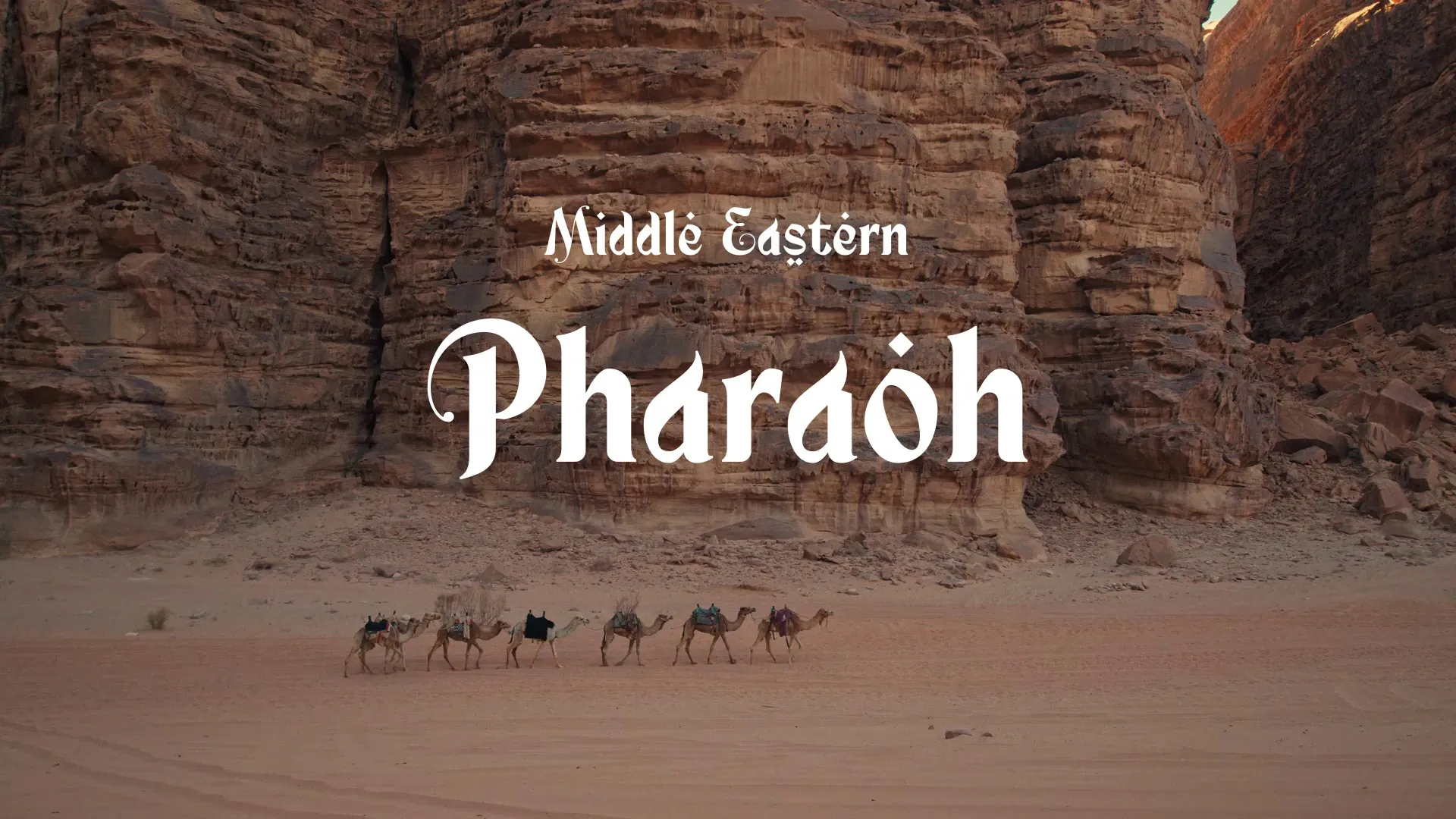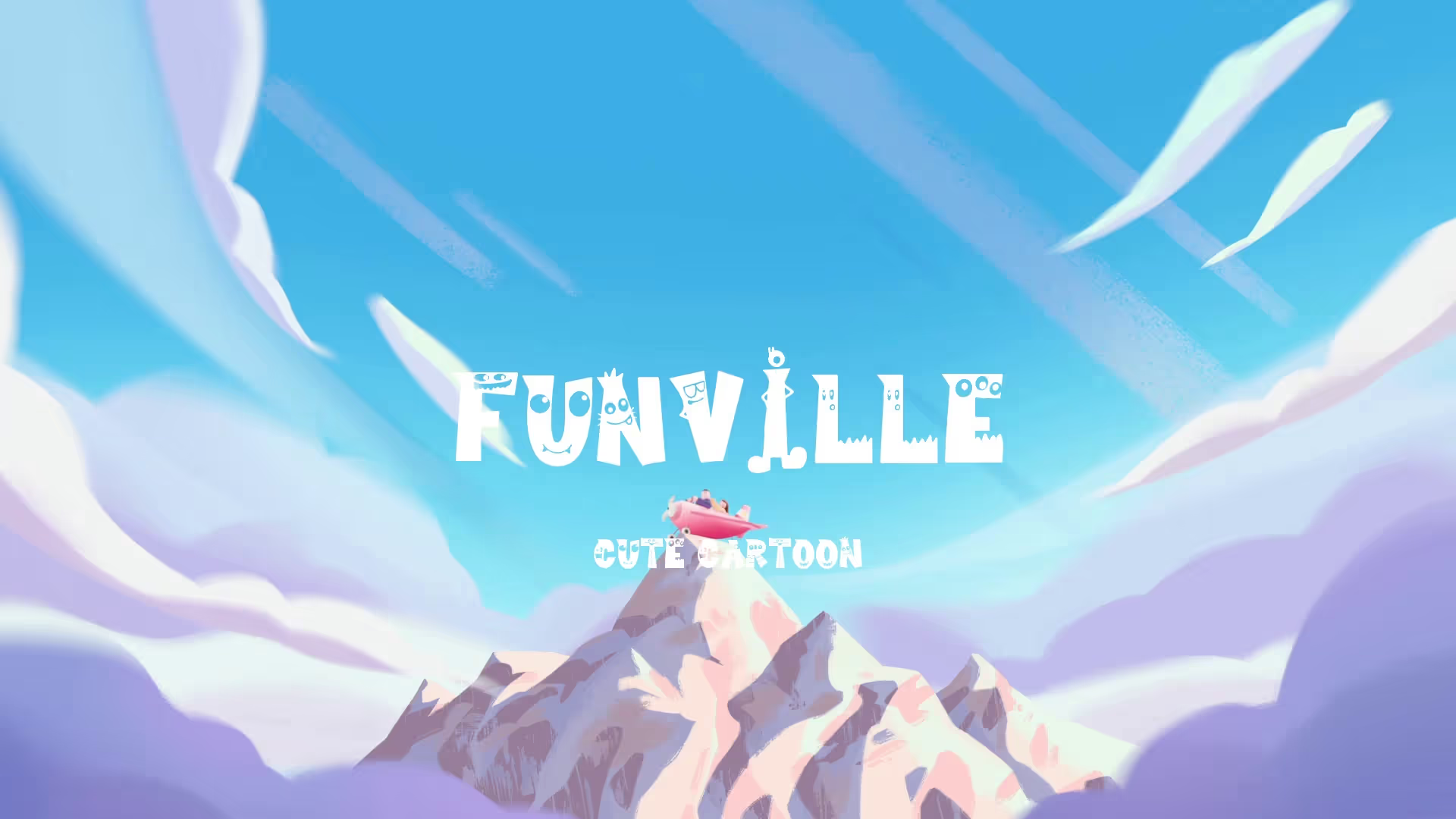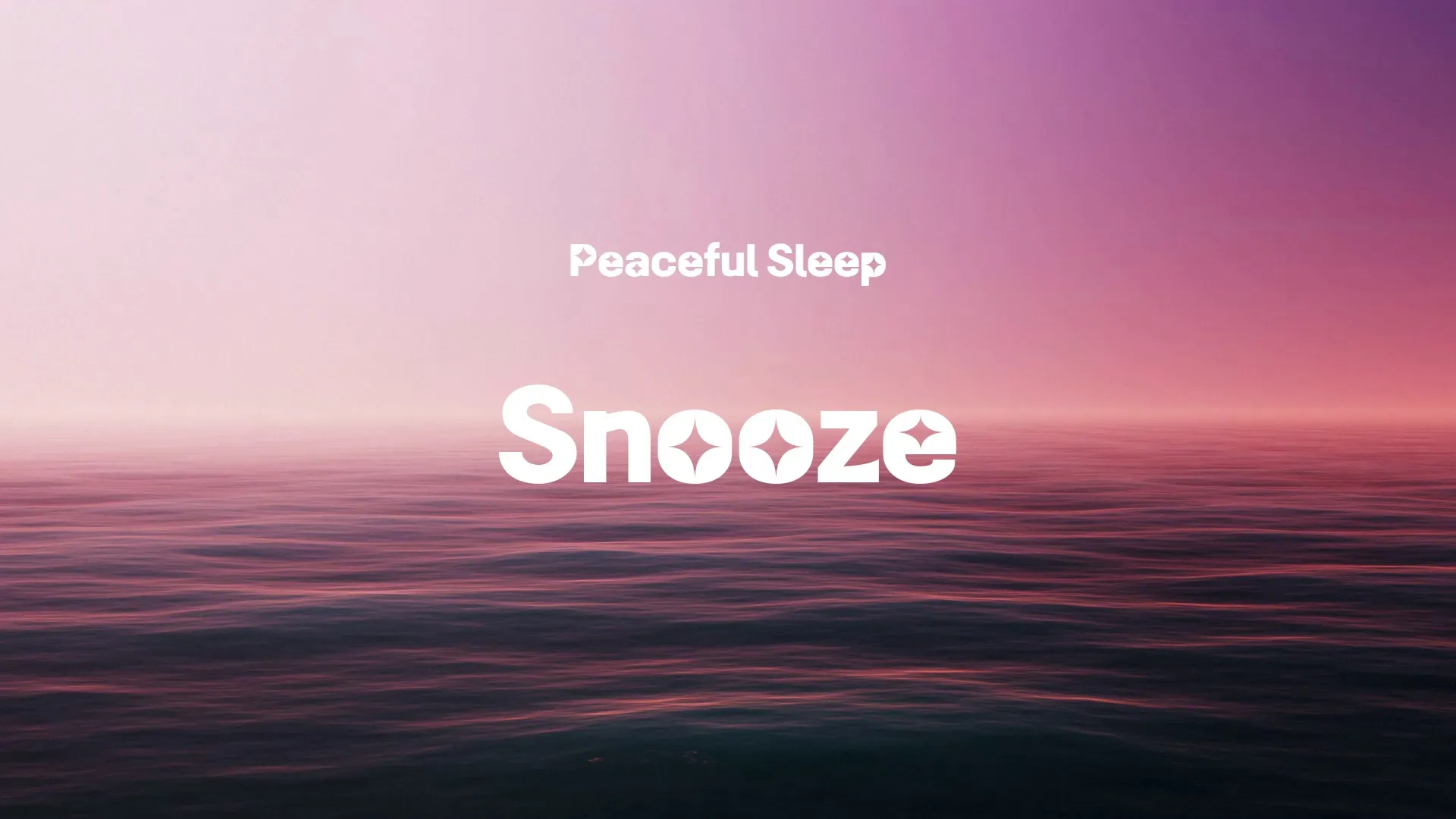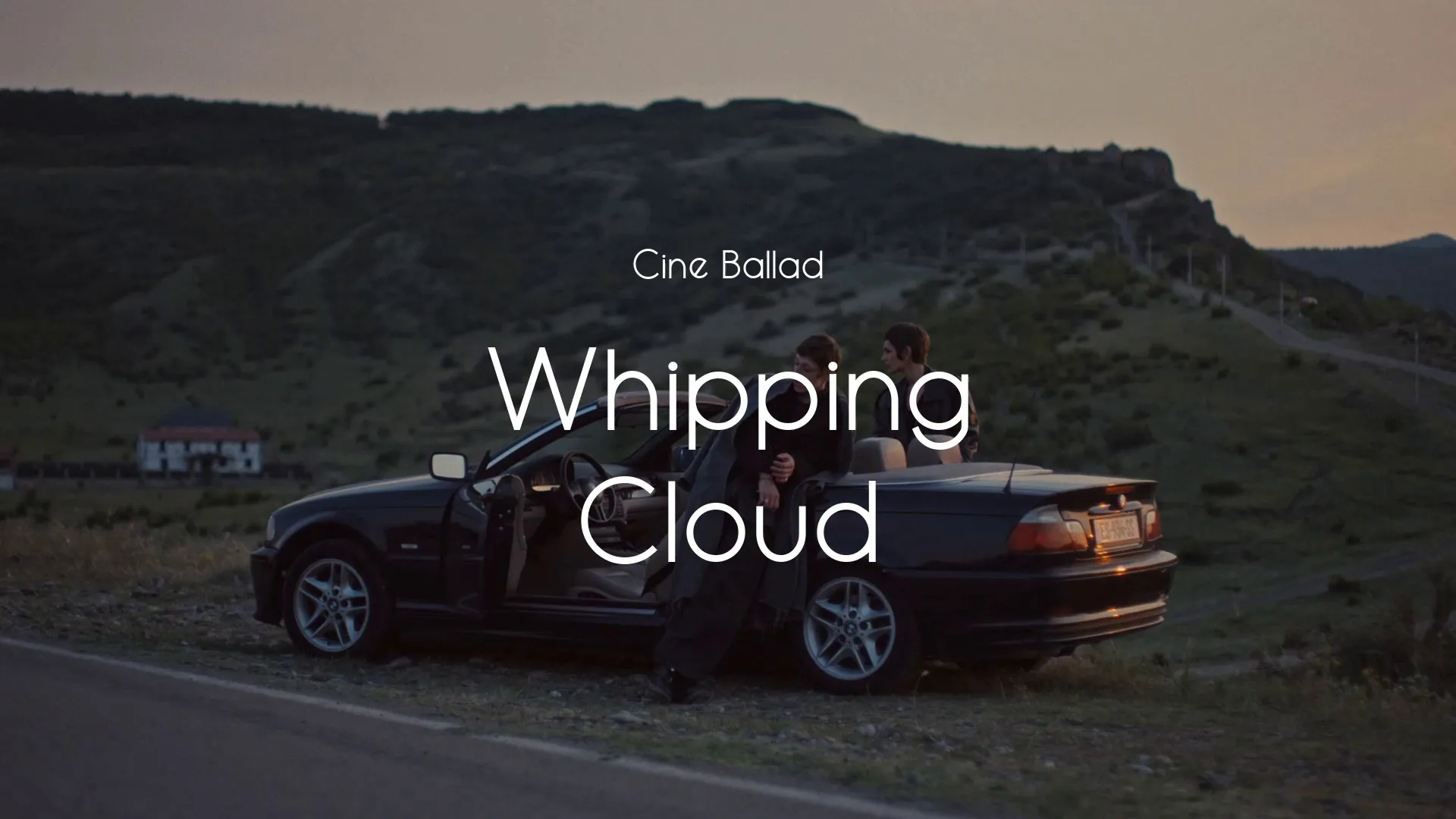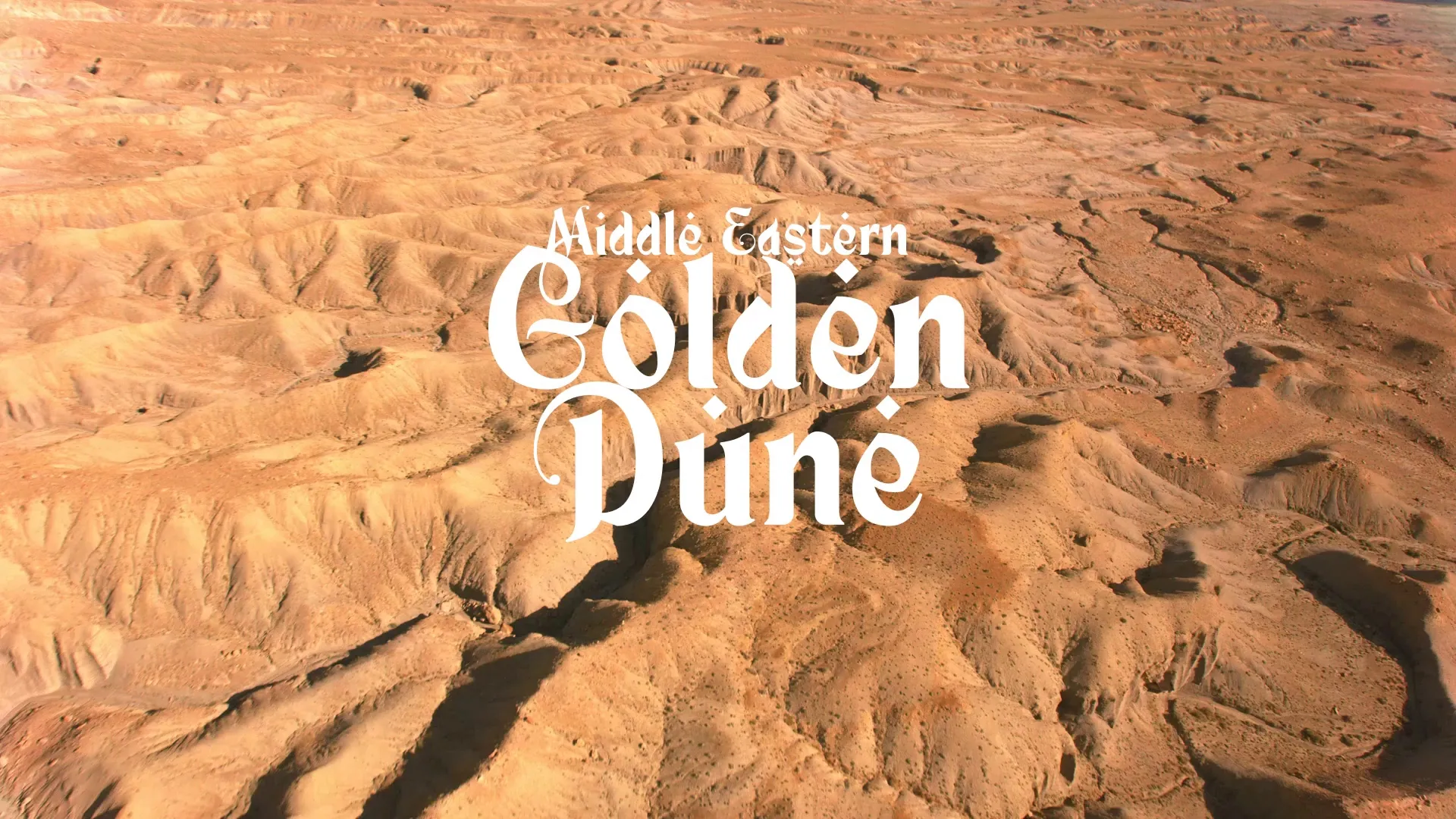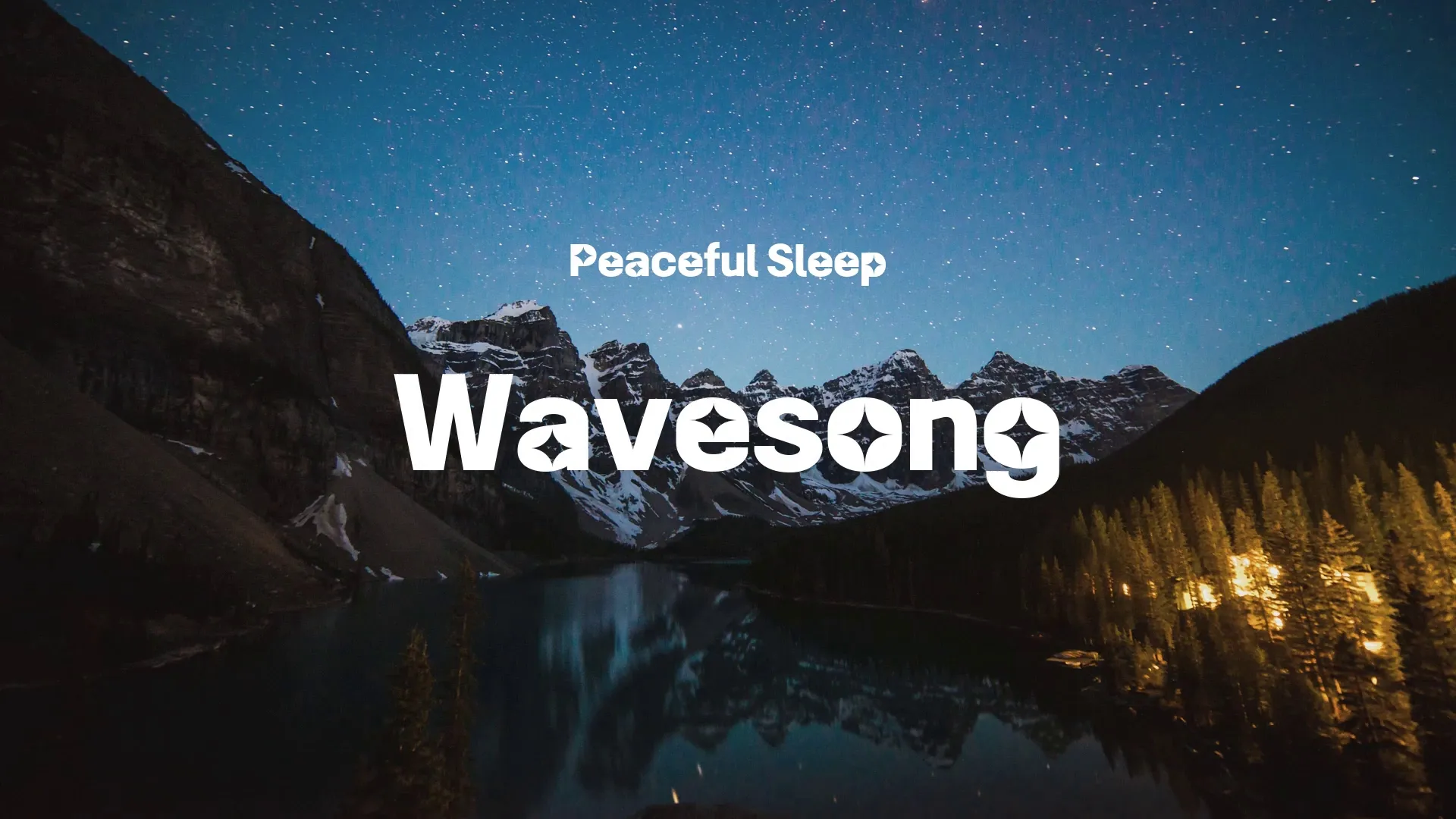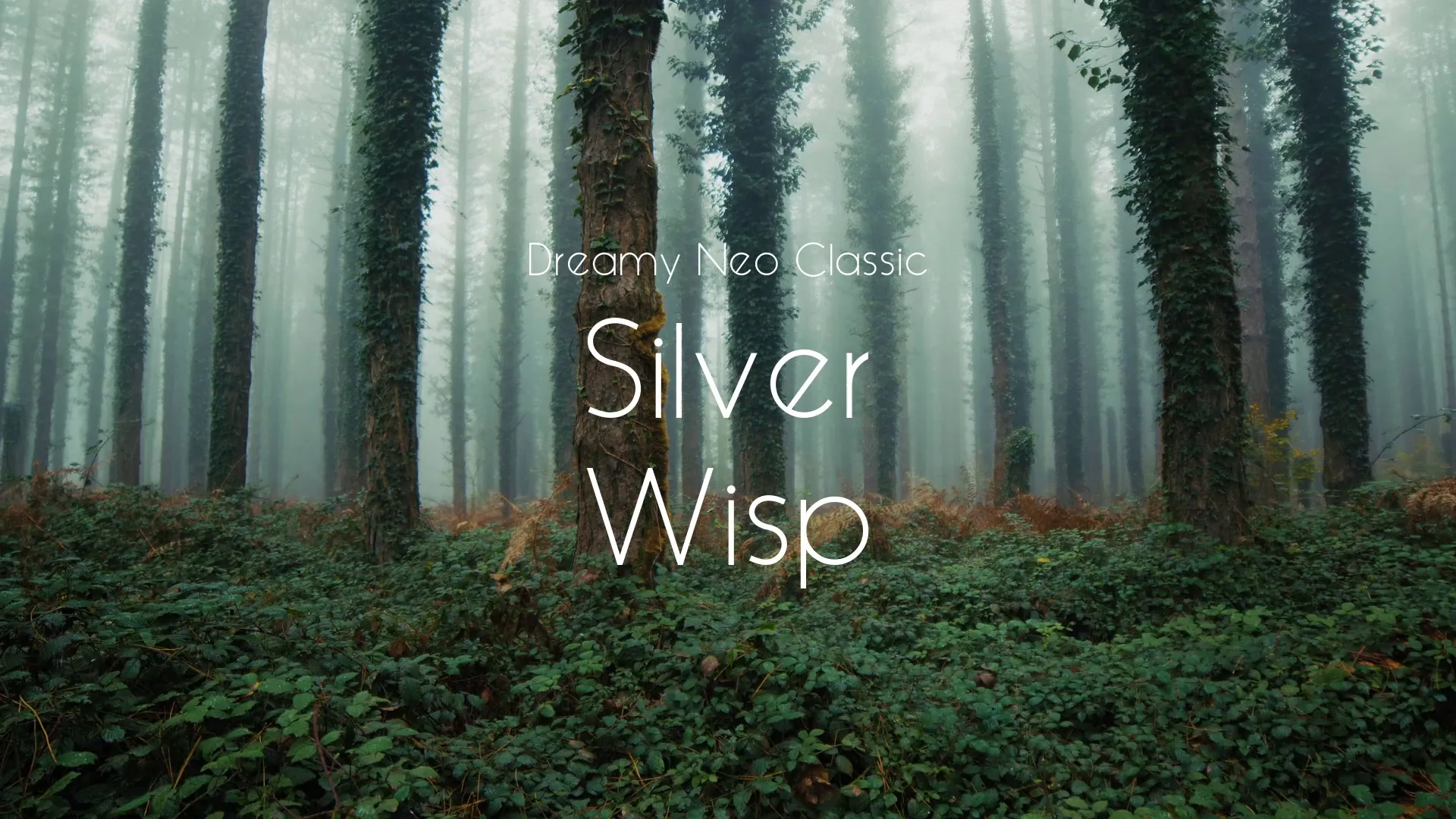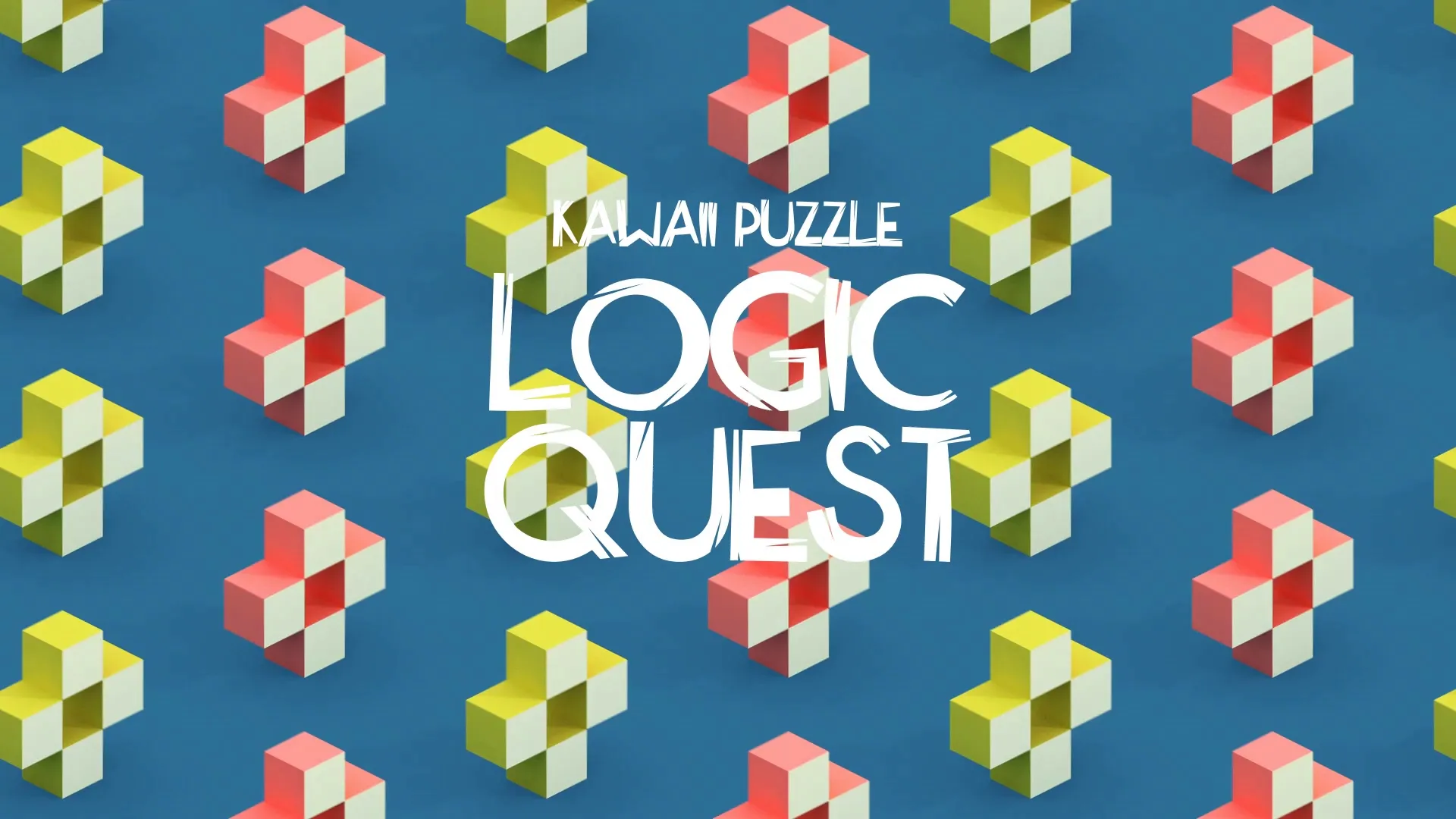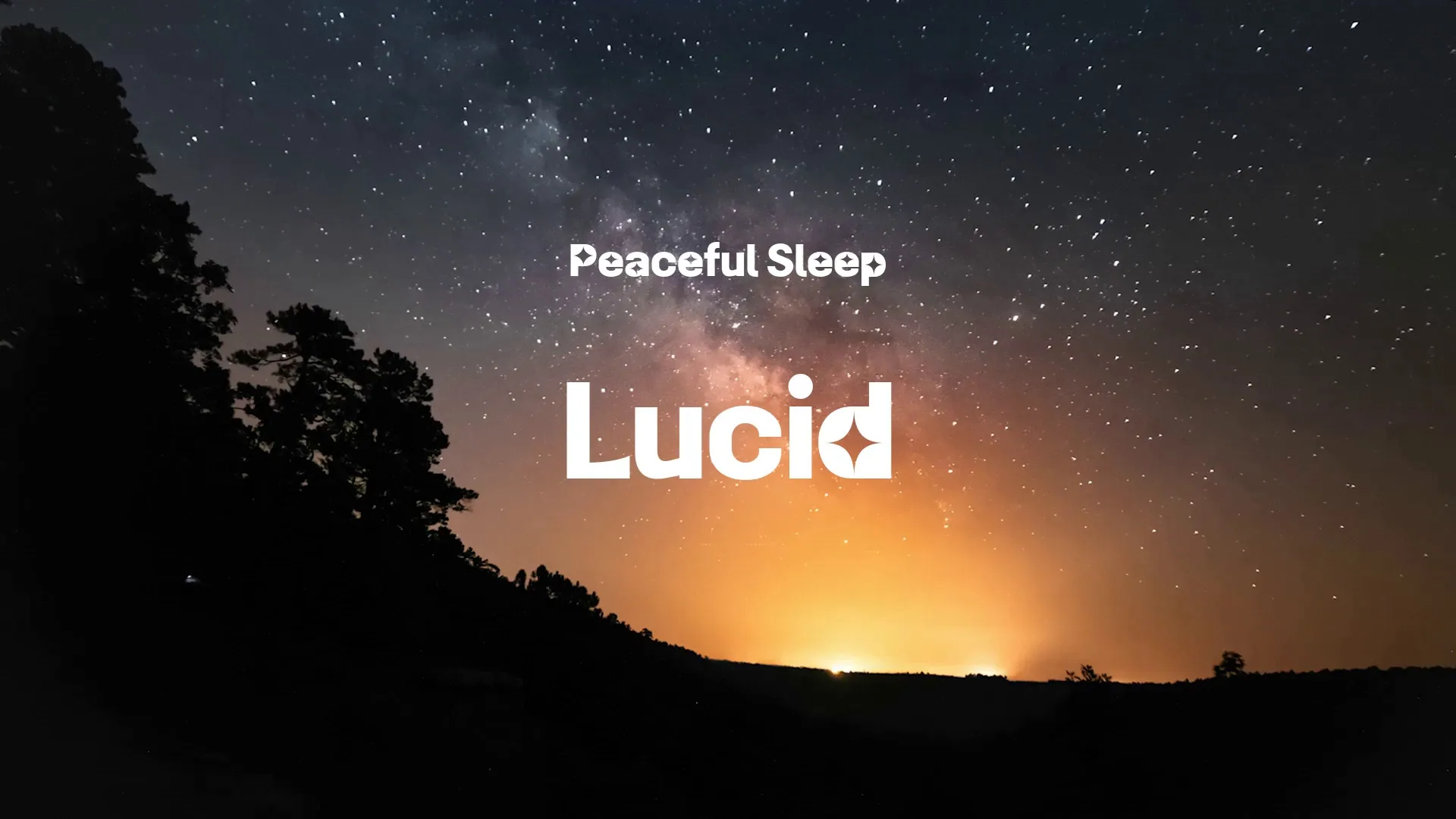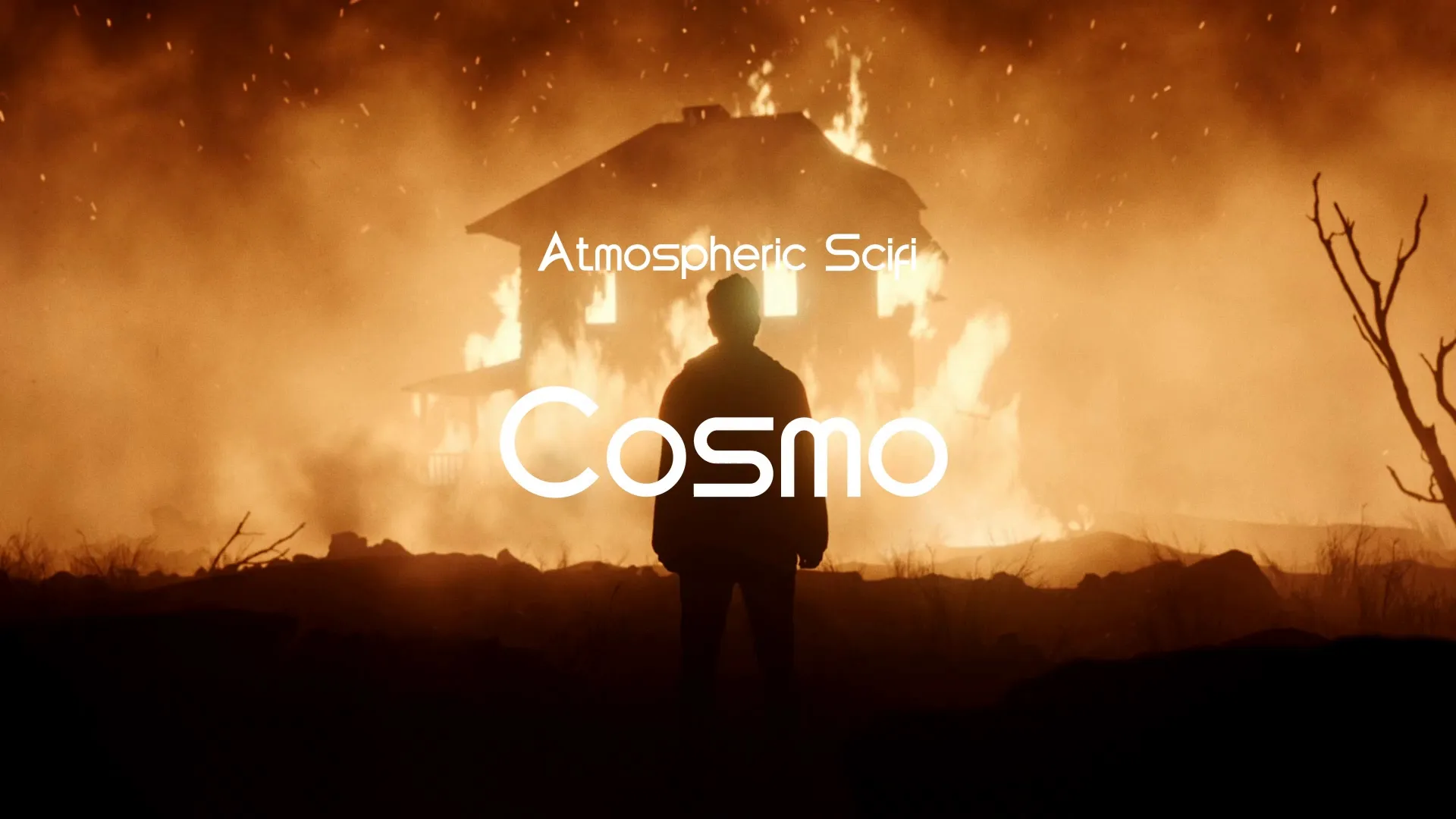Navigating Royalty-Free Game Assets: Licenses, Contracts, and Legal Best Practices for Developers
Leveraging royalty-free game assets can significantly accelerate development, but it also introduces critical legal considerations. Understanding the nuances of licenses and contracts is paramount to avoid future legal complications.
This guide will walk you through the essential legal aspects of integrating royalty-free assets into your game projects.
Understanding Royalty-Free Licenses
Not all ‘royalty-free’ means ‘free of all restrictions.’ It primarily indicates that you do not owe ongoing payments based on revenue or usage.
However, specific terms within each license dictate how assets can be used, modified, and distributed.
Common License Types and Their Implications
Many royalty-free assets fall under variations of Creative Commons or proprietary licenses from asset stores.
- CC0 (Public Domain Dedication): This is the most permissive, allowing unrestricted use, modification, and distribution for any purpose without attribution.
- Attribution (CC BY): Requires you to credit the original creator when using their work.
- Attribution-ShareAlike (CC BY-SA): Demands attribution and dictates that any derivative work you create must be shared under the same license terms.
- Attribution-NoDerivatives (CC BY-ND): Allows redistribution but forbids any modification of the asset; you must use it as is, with attribution.
- Attribution-NonCommercial (CC BY-NC): Permits use and modification, but only for non-commercial purposes.
- Attribution-NonCommercial-ShareAlike (CC BY-NC-SA): Combines non-commercial, share-alike, and attribution requirements.
Proprietary licenses from asset marketplaces like Wayline’s Strafekit often grant broad commercial use. For example, Strafekit assets are royalty-free and permit commercial use without additional fees or revenue sharing.
Always read the specific license agreement for each asset you acquire, as these terms are legally binding.
Crucial Contract Considerations for Game Developers
Beyond individual asset licenses, consider broader contractual aspects when working with assets, especially if you’re collaborating or commissioning work.
End-User License Agreements (EULAs) for Your Game
Your game’s EULA should clearly define how players can interact with your game and its included assets.
Ensure your EULA does not inadvertently grant players rights to the underlying royalty-free assets that contradict their original licenses.
For indie developers, a clear EULA protects your intellectual property and clarifies player expectations.
Independent Contractor Agreements
If you commission custom assets, a robust independent contractor agreement is essential.
This contract must explicitly state that all intellectual property rights for the commissioned work are transferred to you upon payment.
Create a free account, or log in.
Gain access to free articles, game development tools, and game assets.
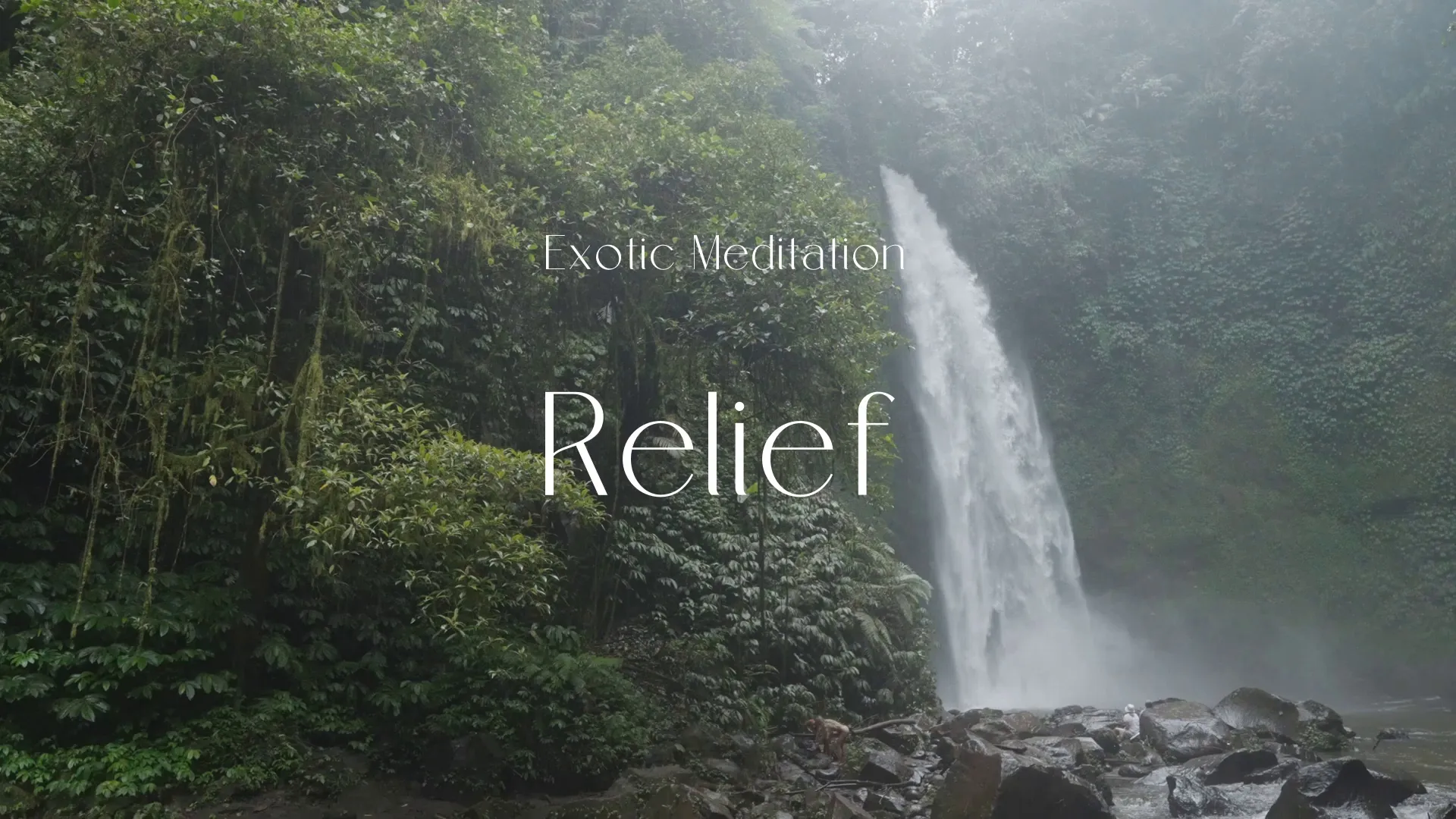

.webp)

